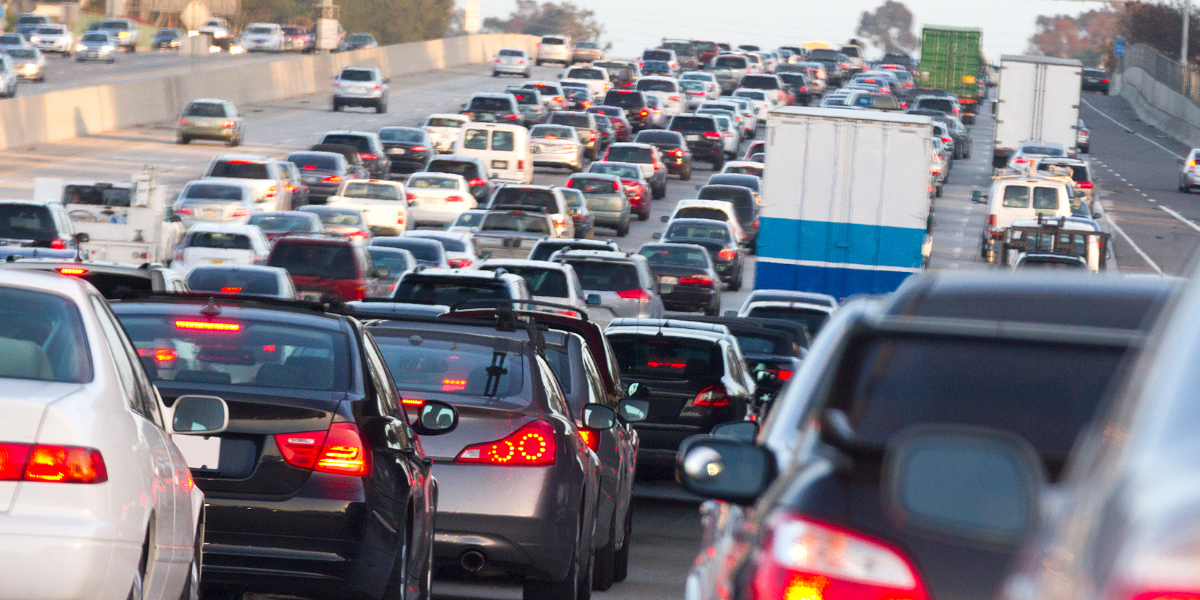|
Brussels, |
|
EU Ministers ban car engine from 2035
Agreement made between Germany and the Commission on e-fuels.
Yesterday, despite a blocking minority who had threatened not to adopt the new rules, the Council of the EU adopted a regulation setting stricter CO2 emission performance standards for new cars and vans from 2035. The new rules aim to reduce emissions from road transport that has the highest share of emissions from transport - and provide the right push for the automotive industry to shift towards zero-emission mobility while ensuring continued innovation in the industry.
Brussels, 29 March 2023 - 3 MINUTES READ
|
On the eve of the final decision to confirm the ambitious CO2 reduction targets for cars and vans, a blocking minority was formed made up of car-friendly countries, including Germany, Italy, Poland, Bulgaria and the Czech Republic, to try to stopn the new legislation.
While understanding the reasons that prompted those countries to oppose the decision to ban the registration of new cars that emit CO2, given the industrial crisis it could generate, it was not understood why this happened at the last minute after two years of discussions and the favourable vote of the European Parliament on 14 February 2023. Although the majority was limited to 53%. The blocking minority broke up after Germany reached a deal to still allow internal combustion engines that use e-fuel beyond the 2035 date. E-fuel is obtained from hydrogen and CO2. Since CO2 is removed from the environment for its production, the EU agreed to the derogation requested by Germany. Which then slipped out of the blockade minority and yesterday voted in favour of the new EU Regulation. Now the Commission must prepare an ad hoc legislative text to allow for this derogation. |
The new targets confirmed by the Council are:
But what vehicles can circulate between now and 2035?
In general, the EU regulates the emissions of all vehicles, including cars, buses, trucks, and motorcycles. The Euro emissions standards set limits on the amount of pollutants that vehicles can emit. The current standard is Euro 6 for new passenger cars and light commercial vehicles, which came into effect in 2015.
In addition to emissions regulations, there may be restrictions on vehicles based on local regulations, such as low-emission zones in certain cities, where vehicles with higher emissions are not allowed to enter.
Therefore, until 2035, vehicles that meet the Euro emissions standards and any local regulations can circulate in the EU. After 2035, only zero-emission or CO2 zero-balance vehicles will be allowed to be sold in the EU, but vehicles with internal combustion engines that were sold before this date will still be allowed to circulate.
In the meantime, a new Euro 7 regulation should come into force to limit the environmental impact of electric cars, due to tire wear and the limited life of the batteries. See latest Articles on Euro 7 decisions.
© Copyright eEuropa Belgium 2020-2023
Source: © European Union, 1995-2023
- 55% CO2 emission reductions for new cars and 50% for new vans from 2030 to 2034 compared to 2021 levels
- 100% CO2 emission reductions for both new cars and vans from 2035
But what vehicles can circulate between now and 2035?
In general, the EU regulates the emissions of all vehicles, including cars, buses, trucks, and motorcycles. The Euro emissions standards set limits on the amount of pollutants that vehicles can emit. The current standard is Euro 6 for new passenger cars and light commercial vehicles, which came into effect in 2015.
In addition to emissions regulations, there may be restrictions on vehicles based on local regulations, such as low-emission zones in certain cities, where vehicles with higher emissions are not allowed to enter.
Therefore, until 2035, vehicles that meet the Euro emissions standards and any local regulations can circulate in the EU. After 2035, only zero-emission or CO2 zero-balance vehicles will be allowed to be sold in the EU, but vehicles with internal combustion engines that were sold before this date will still be allowed to circulate.
In the meantime, a new Euro 7 regulation should come into force to limit the environmental impact of electric cars, due to tire wear and the limited life of the batteries. See latest Articles on Euro 7 decisions.
© Copyright eEuropa Belgium 2020-2023
Source: © European Union, 1995-2023



